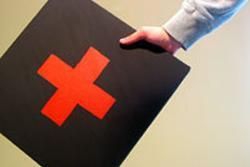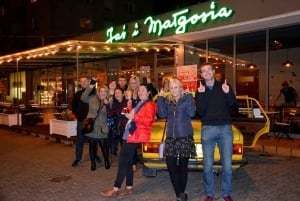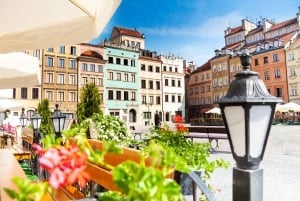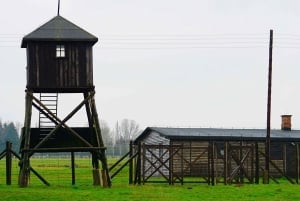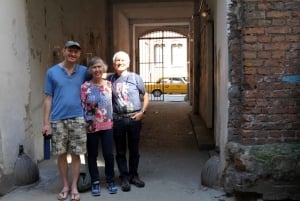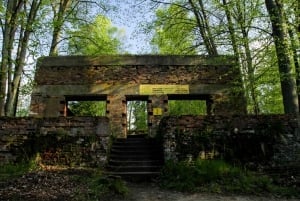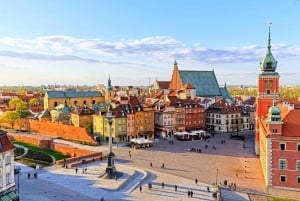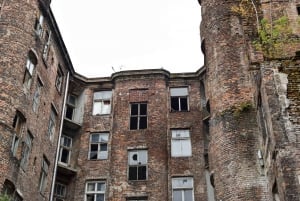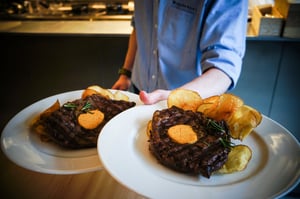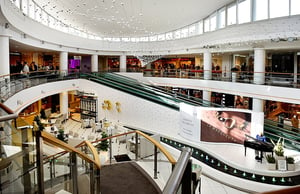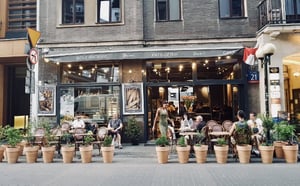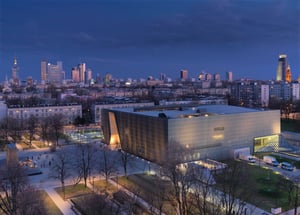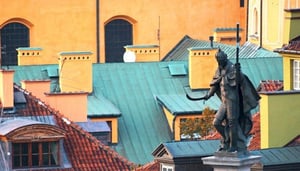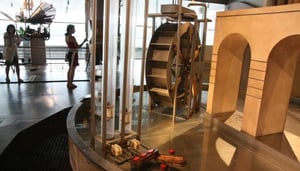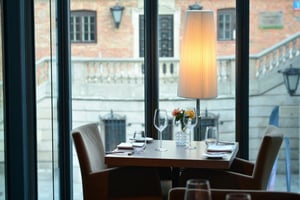Health & Safety
Warsaw is generally a safe city, posing the same dangers as any major metropolis. Violent crime is relatively rare, with mugging incidents generally confined to the dodgier suburban housing block areas or the dark tunnels of the train station. More prevalent in tourist areas is pickpocketing, which you should be especially wary of in buses and trams, or around major tourist attractions.
Generally speaking, the city centre is safe at night, although as a general rule, the better lit the street, the safer it is. The right bank’s Praga district has a dangerous reputation, but its recent makeover as an artsy culture centre has made it safer than before; just make sure to take a taxi back after the revelry is over. And while it’s always good to be cautious, you may notice that chivalry hasn’t yet died in Poland, and women traveling alone can expect to be treated with quite a bit more respect than in other European cities.
A far larger threat is posed by the sidewalks and roads. The former can be terrifyingly uneven, while the latter can be full of both potholes and inconsiderately speeding vehicles. Traffic is crazy and drivers are not nearly as worried about running you down as you might expect, so be careful when crossing at crosswalks. If you’re driving, watch out for uneven roads with unexpected holes. And as for the sidewalks – Polish women have years of experience navigating broken paving stones in spike heels, but don’t be fooled by their ease; this is not a sport for novices.
Polish tap water is officially regarded as safe for drinking, but as you will hardly ever see locals drinking from the tap, it’s a good idea to follow suit and buy your water bottled – unless your living arrangements include a water filter. Most people boil ordinary tap water for tea and coffee.
If you need help of any kind in Poland, remember that the Poles are generally disarmingly friendly and solicitous. If you stop someone on the street for directions, you may very well end up being personally escorted to your destination. If you need advice on products or services, you will probably be flooded with recommendations or offers of help. The Poles are famous for their hospitality, and for good reason.
In comparison with Western Europe and the US, health care services are cheap in Poland, and private clinics are usually of a very high quality. If you need to visit a doctor or dentist during your stay, it’s worth paying for private care instead of navigating the labyrinths of the national health system.
Note that over-the-counter medicines are sold only in pharmacies (called apteka in Polish), marked clearly with a green cross and easily located all over the city; only painkillers and vitamins can be bought at the supermarket or chemist’s.
Emergency numbers are:
General: 112
Ambulance: 999
Fire: 998
Police: 997


